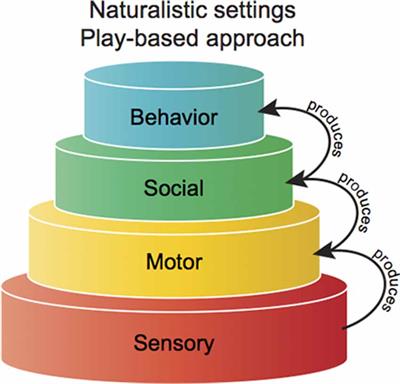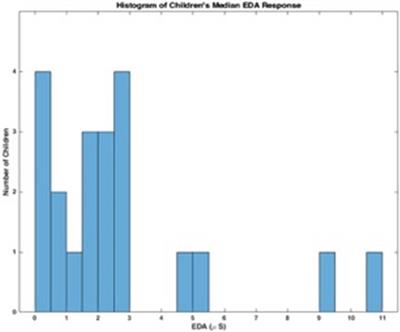EDITORIAL
Published on 09 Apr 2021
Editorial: Sensory Processing Across the Lifespan: A 25-Year Initiative to Understand Neurophysiology, Behaviors, and Treatment Effectiveness for Sensory Processing
doi 10.3389/fnint.2021.652218
- 16,153 views
- 6 citations











